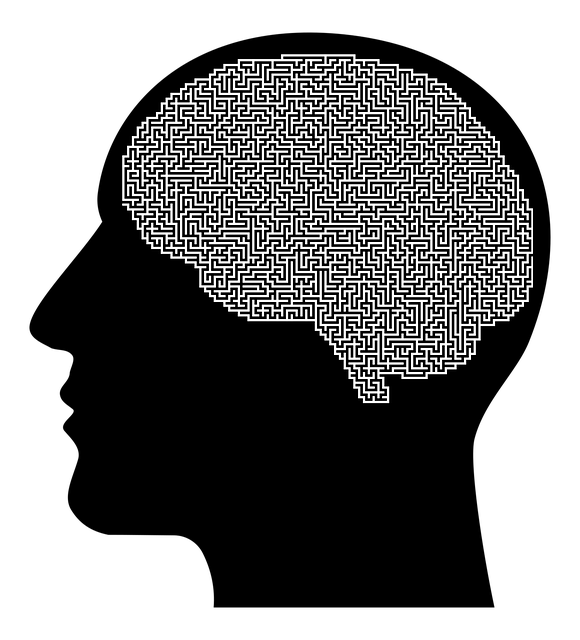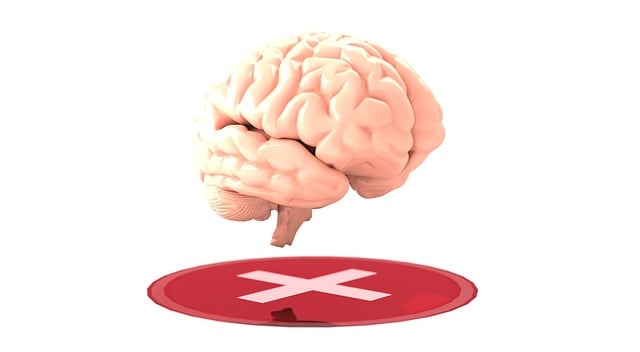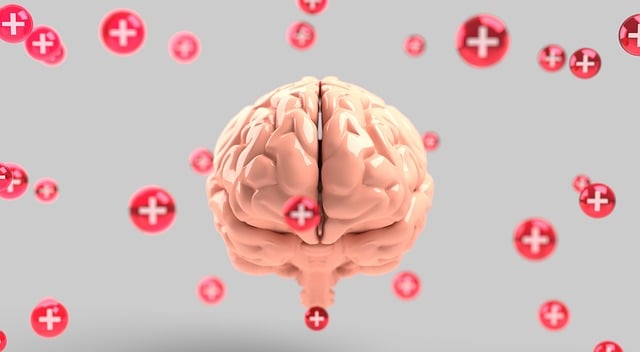La navigation en matière de santé mentale peut être ardue pour les jeunes adultes francophones, mais reconnaître ses symptômes et trouver des thérapeutes spécialisés dans la thérapie pour jeunes adultes est une première étape cruciale. La communication ouverte et un environnement bienveillant, assurés par des professionnels culturellement sensibles, favorisent l'éducation à la santé mentale adaptée et améliorent les résultats de guérison. Des réseaux de santé mentale dédiés offrent des ateliers de gestion du stress, de l'aide pour les troubles de l'humeur et plus encore, reconnaissant les besoins uniques de cette population. La combinaison de thérapies, de pratiques de pleine conscience et de formation à la compassion permet aux jeunes adultes francophones de renforcer leur résilience et leur bien-être émotionnel.
For many young adults, navigating mental health diagnosis and treatment can feel like an overwhelming labyrinth. This comprehensive guide aims to illuminate the path by addressing crucial aspects of mental health support, especially for those who speak French. We explore essential topics such as understanding diagnoses, the benefits of therapy in one’s native language, and building personalized care plans. From deciphering treatment options like medication and psychotherapy to uncovering French-speaking mental health networks, this article equips young adults with knowledge to advocate for their well-being.
- Understanding Mental Health Diagnosis: A Guide for Young Adults
- The Importance of Speaking Your Native Language in Therapy
- Exploring French-Speaking Mental Health Support Networks
- Navigating Treatment Options: Medication, Psychotherapy, and More
- Building a Personalized Plan: Self-Care and Aftercare Strategies
Understanding Mental Health Diagnosis: A Guide for Young Adults

Navigating a mental health diagnosis can be overwhelming for young adults, especially when considering therapy options. It’s important to understand that seeking help is a sign of strength and self-care. The process begins with recognizing symptoms and understanding the various types of mental health conditions. Many young adults find comfort in knowing that their experiences are valid and treatable.
For French-speaking individuals, finding therapists who offer therapy for young adults tailored to their cultural needs is essential. Cultural sensitivity in mental healthcare practice ensures a safe and supportive environment. Mental health education programs designed with cultural awareness can empower young adults to take charge of their emotional well-being. Additionally, promoting emotional well-being through effective techniques has been shown to enhance recovery outcomes, making it a crucial aspect of holistic mental health care.
The Importance of Speaking Your Native Language in Therapy

Speaking your native language in therapy offers a unique advantage for young adults, especially those who are French-speaking. It creates an immediate sense of comfort and familiarity, allowing individuals to openly discuss their struggles and experiences without potential language barriers. When seeking therapy for young adults who are fluent in French, it’s crucial to find professionals who can provide culturally sensitive care tailored to their specific needs. This approach facilitates a deeper exploration of emotional intelligence and the development of effective coping skills, fostering a more meaningful therapeutic journey.
By engaging with therapists who share the same linguistic background, patients can confidently express complex thoughts and emotions, which are essential components of understanding and treating mental health conditions. This cultural alignment encourages individuals to embrace mind over matter principles by providing an environment where they feel understood and empowered, ultimately enhancing the effectiveness of the treatment process.
Exploring French-Speaking Mental Health Support Networks

For French-speaking individuals seeking therapy for young adults, navigating mental health support networks can be both challenging and rewarding. Many communities offer specialized services tailored to meet the unique needs of this demographic, focusing on issues like stress management workshops organization and mood management. These initiatives recognize the importance of addressing mental health concerns in a culturally sensitive environment, fostering positive thinking and overall well-being.
Exploring these networks allows young adults to connect with peers who share similar experiences and access therapists who are fluent in French. This linguistic alignment can significantly enhance therapy effectiveness, encouraging open communication and fostering trust. By engaging with such support systems, individuals can embark on a journey towards healing and self-discovery, ultimately improving their mental health outcomes.
Navigating Treatment Options: Medication, Psychotherapy, and More

Navigating treatment options for mental illness can be a complex task, especially for young adults speaking French. Medication, psychotherapy, and complementary approaches like mindfulness practices or compassion cultivation training are all valuable tools in the fight against mental health challenges. Many find that a combination of these methods provides the most effective relief, tailored to their unique needs.
Psychotherapy, for instance, offers a safe space for individuals to explore their thoughts and emotions, gain insights into their conditions, and develop coping strategies. Cultural competency training among healthcare providers is crucial in ensuring that young adults from diverse backgrounds receive sensitive and personalized care. Additionally, burnout prevention techniques are essential components of holistic mental health management, fostering resilience and long-term well-being.
Building a Personalized Plan: Self-Care and Aftercare Strategies

Navigating mental illness is a personal journey, and crafting a tailored plan is essential for effective healing. For young adults speaking French, this process begins with identifying self-care practices that resonate with their unique experiences and cultural backgrounds. Incorporating activities like mindfulness meditation, engaging in creative outlets, or connecting with supportive communities can foster resilience and emotional well-being.
Post-therapy, aftercare plays a pivotal role in sustaining progress. Implementing burnout prevention strategies for healthcare providers is crucial to ensure ongoing support. This may include setting realistic goals, prioritizing self-monitoring, and adopting effective stress management techniques, such as deep breathing exercises or engaging in regular physical activity. By integrating Mind Over Matter principles into daily routines, young adults can develop the mental fortitude to overcome challenges and thrive in their personal journeys towards mental health.
Mental illness diagnosis and treatment can be complex, especially for young adults navigating their first experiences. This article has provided a comprehensive guide, from understanding diagnosis to exploring therapy options like psychotherapy and medication, emphasizing the importance of self-care. For French-speaking young adults, it’s crucial to access therapy in their native language, connecting with cultural support networks that offer specialized care. By combining these resources, individuals can build personalized plans for managing their mental health effectively, ensuring a brighter and healthier future.












